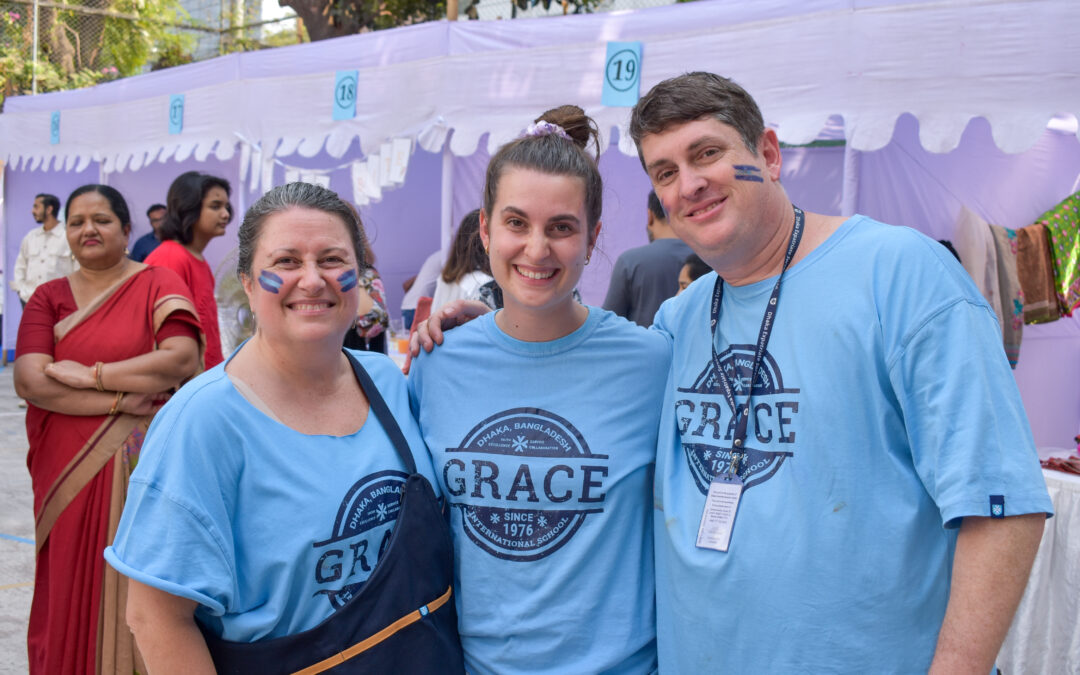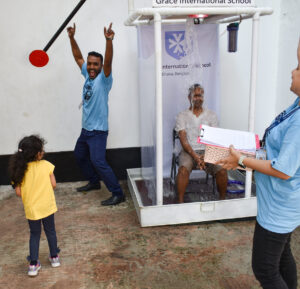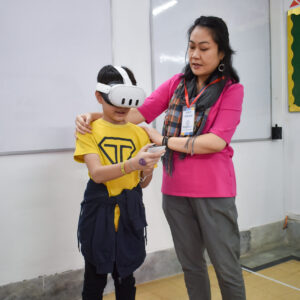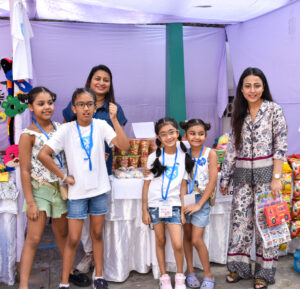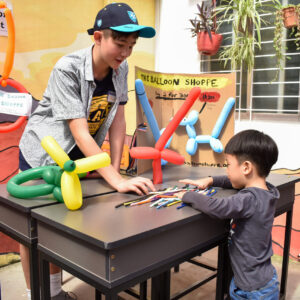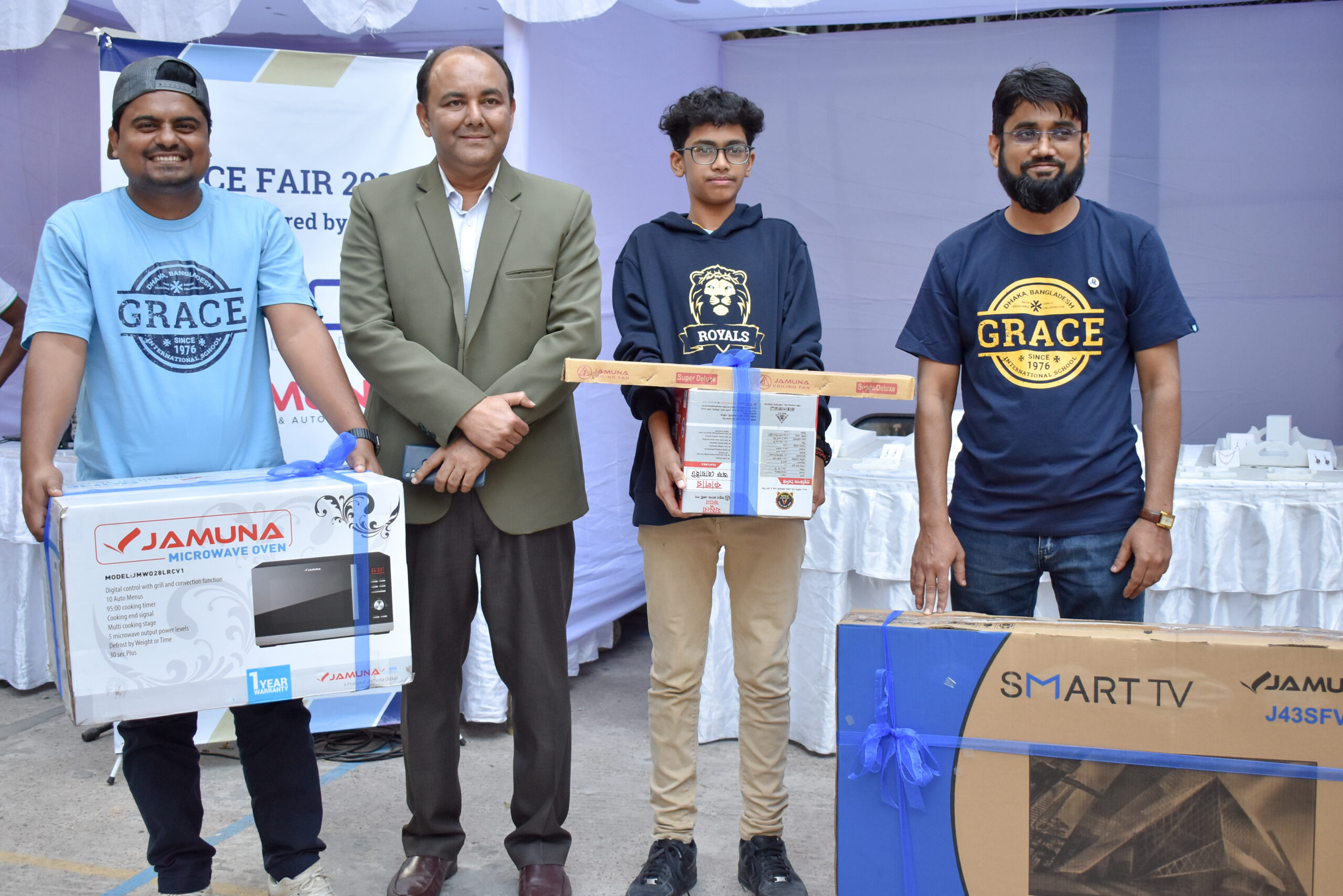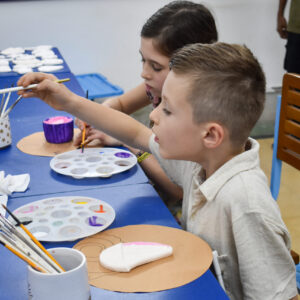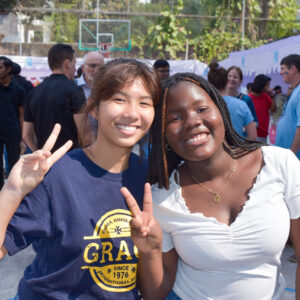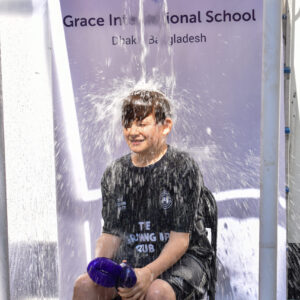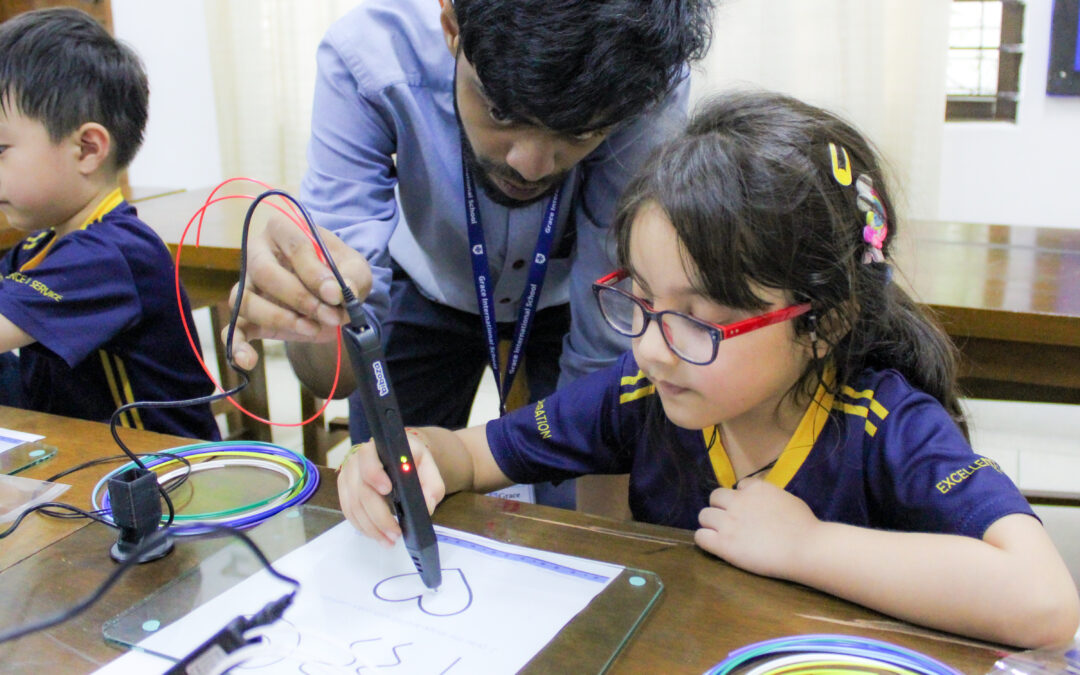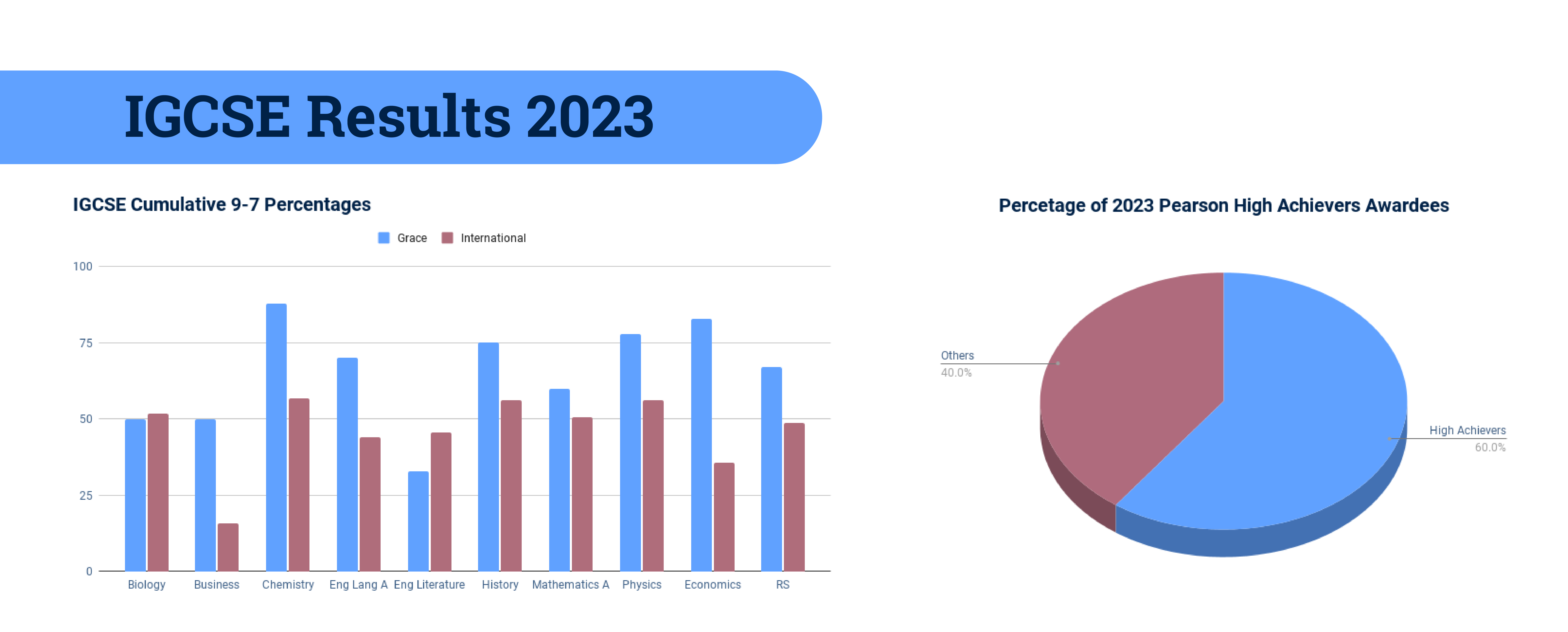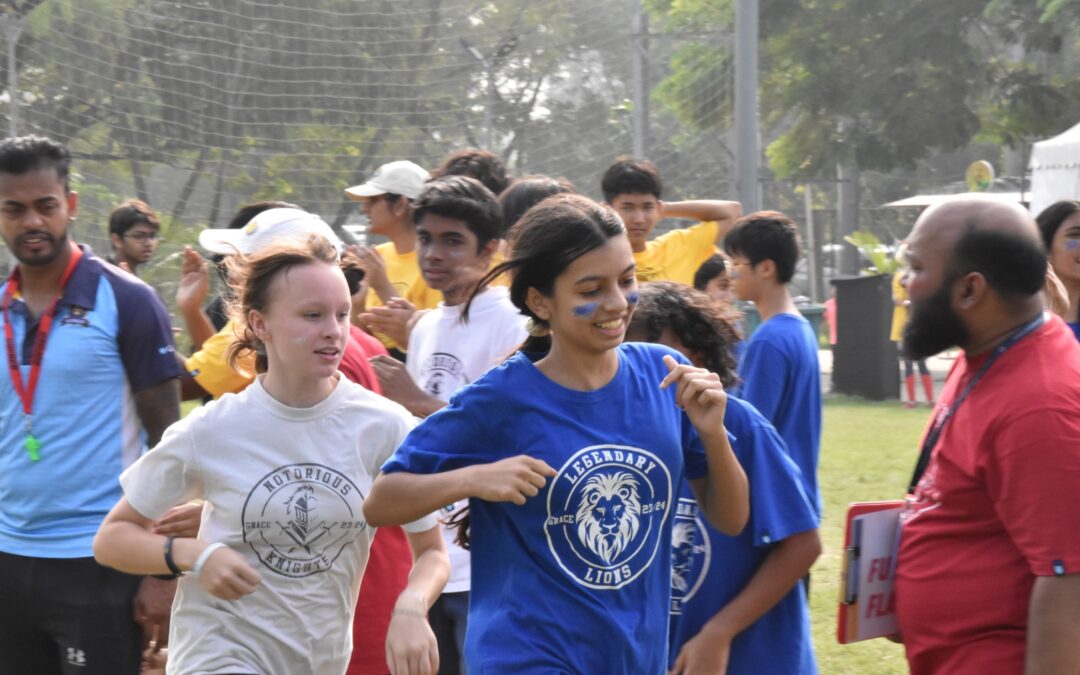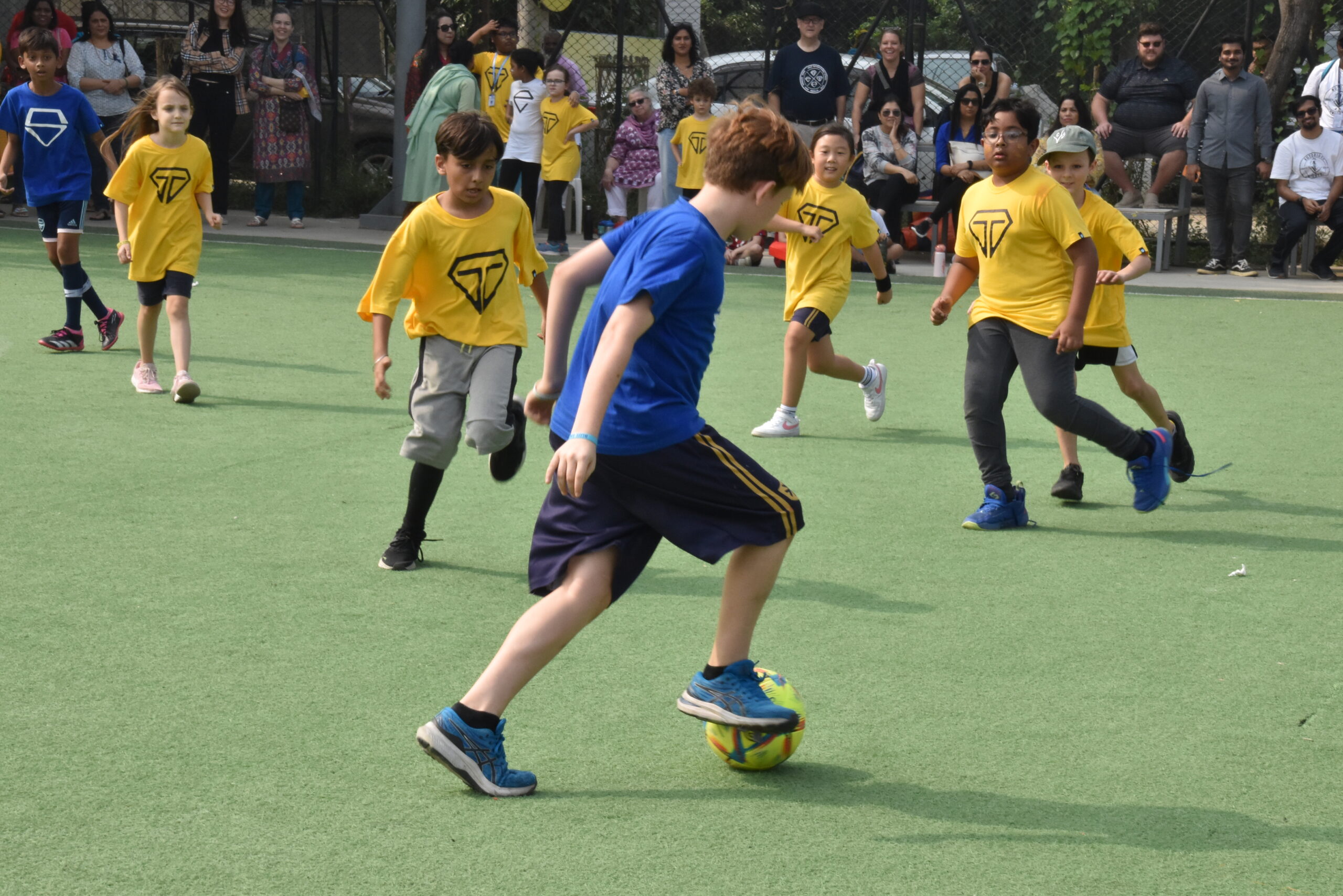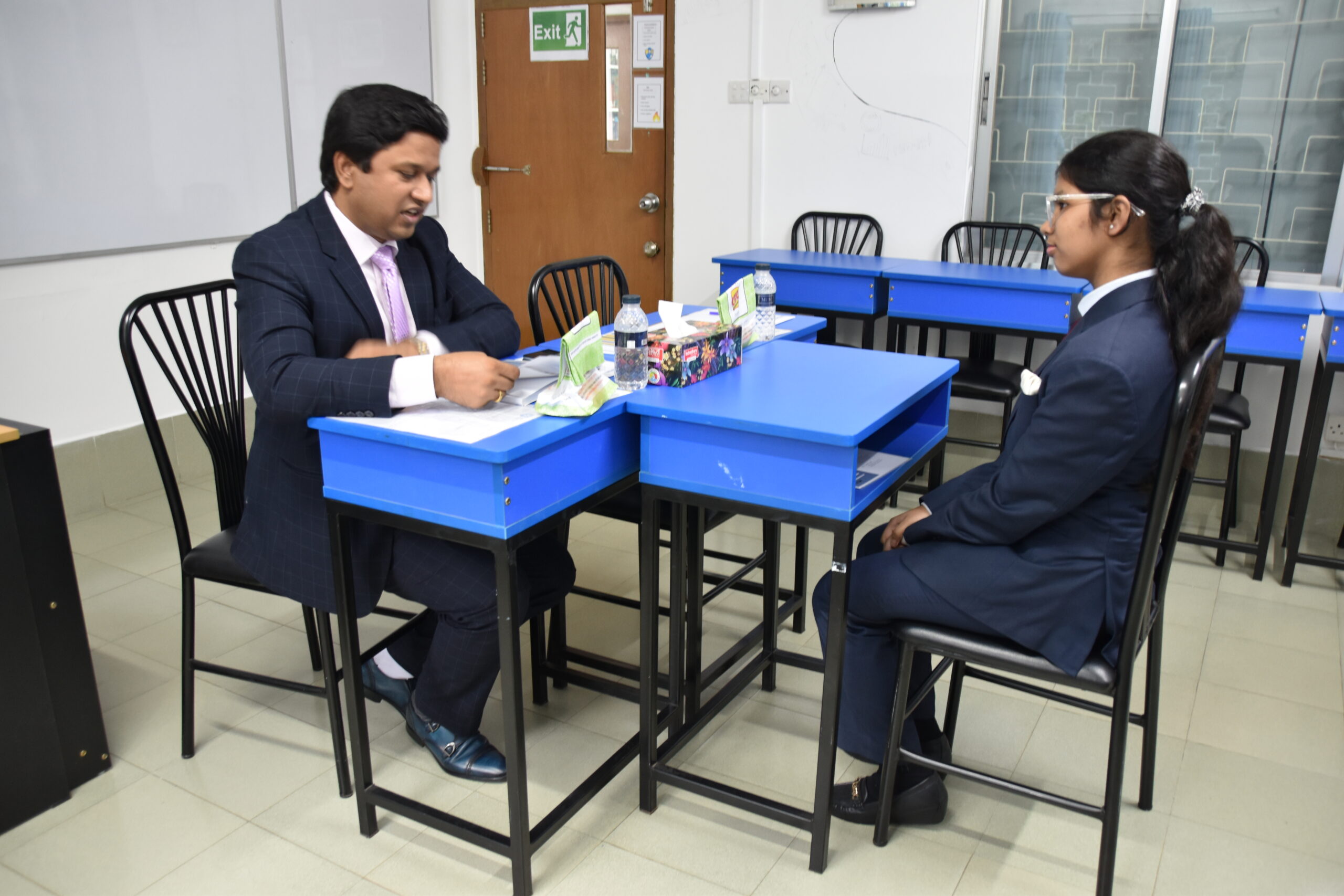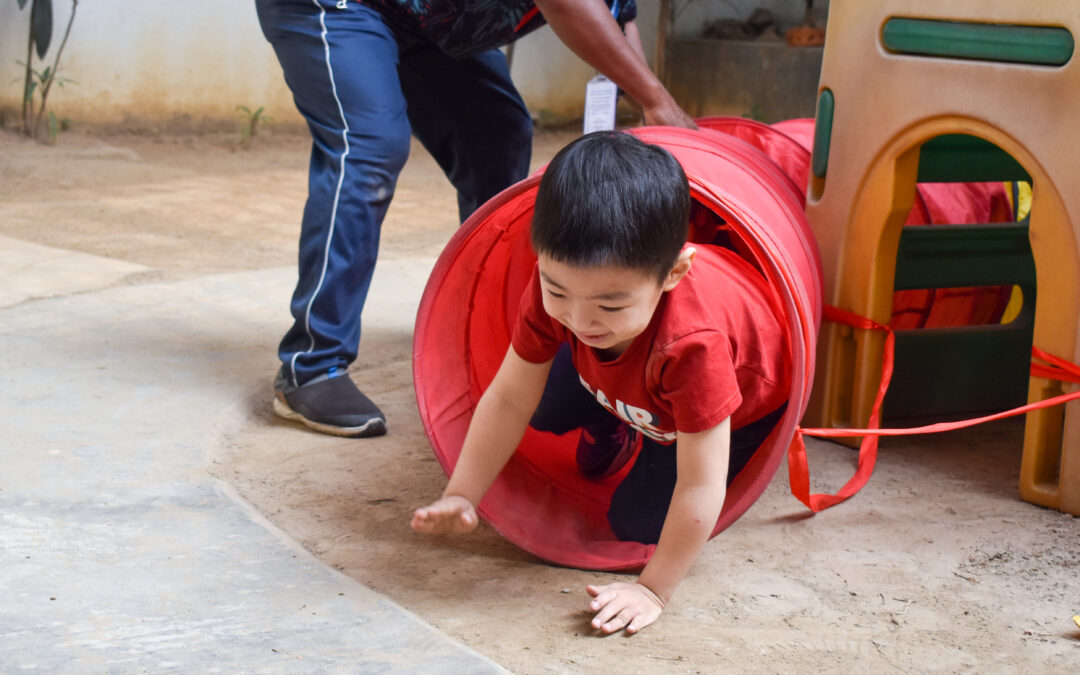
The Importance of Reception
Ensuring a Smooth Transition to Year 1: The Importance of Reception Year at Grace International School
At Grace, we understand that some curriculums, like those in the US, Europe, or the IB program, may not have a dedicated Reception Year. However, within the BNC framework, Reception Year plays a vital role in ensuring your child is fully prepared for the more structured learning environment of Year 1.
Why Reception Year Matters:
Reception Year at Grace (ages 4-5) goes beyond simply introducing the alphabet and basic math. It’s a year of playful learning that fosters the essential skills your child needs to thrive academically and socially. Here’s how:
- Social & Emotional Development: Playing and interacting with peers empowers your child to build confidence, manage emotions, and navigate social situations.
- Language & Communication: Through engaging activities, children develop strong listening, speaking, reading, and writing skills – the building blocks for future literacy.
- Physical Development: Reception Year incorporates activities that enhance coordination, gross and fine motor skills, and healthy habits.
- Early Math & Science: Through play and exploration, children develop problem-solving skills, a positive relationship with numbers, and an introductory understanding of the world around them.
Skipping Reception: A Potential Disadvantage:
Entering Year 1 without the foundation laid in Reception Year may place your child at a disadvantage. The curriculum becomes more structured, demanding skills honed in Reception, like literacy, social interaction, and emotional regulation. Skipping this critical stage can lead to difficulties in adapting and keeping pace with classmates.
Grace Ensures a Strong Start:
At Grace International School, our experienced and passionate Reception Year teachers create a nurturing environment where children can learn through play and exploration. We take pride in offering an engaging program that prepares your child not just for Year 1 but for a successful and fulfilling academic journey.
We encourage you to schedule a visit and witness firsthand the vibrant learning environment in our Reception Year. We also encourage you to consider enrolling your child at Grace in this important stage of life. As a valued partner, we’re here to answer any questions and ensure your child has the strongest possible foundation for their educational future.

